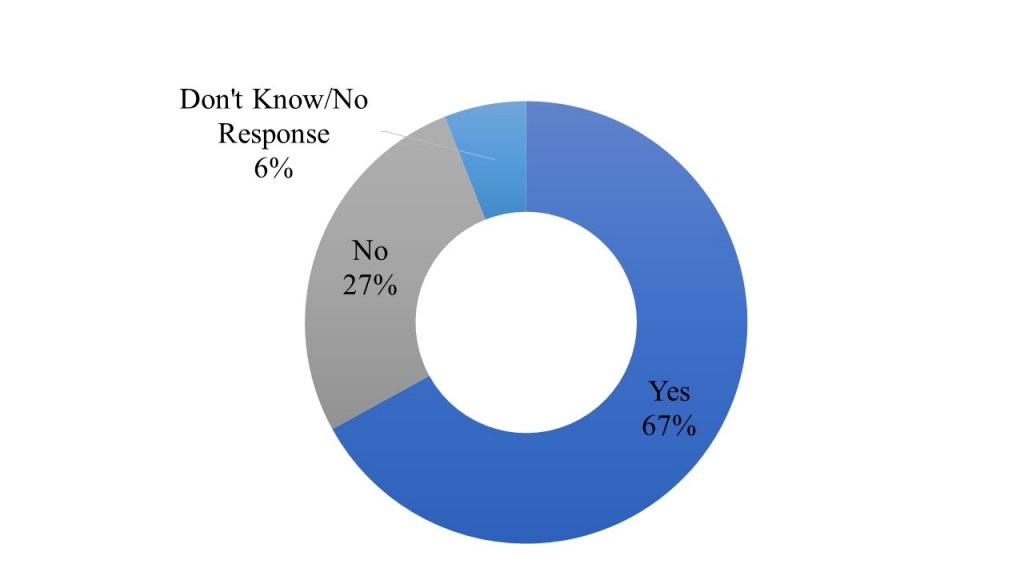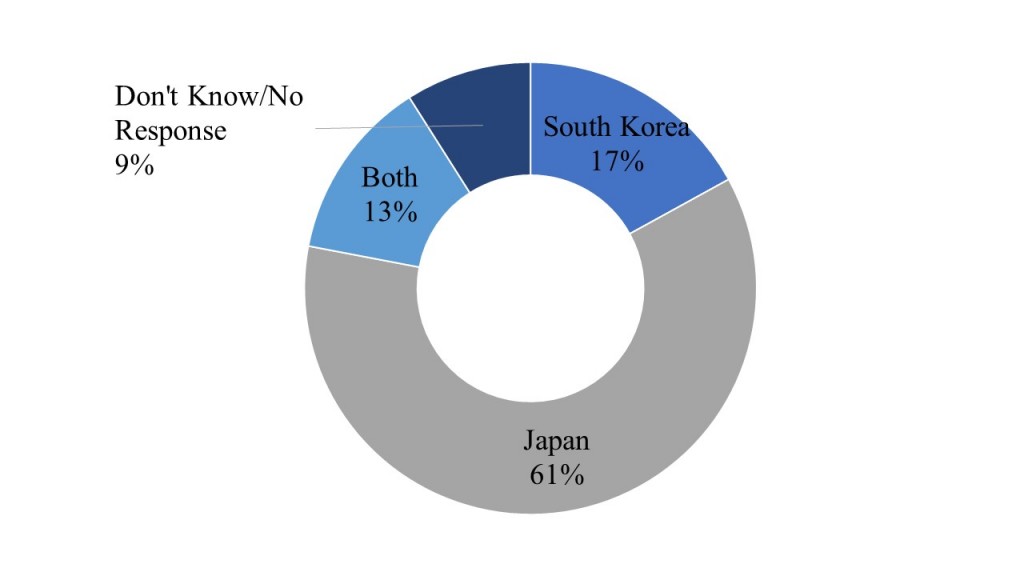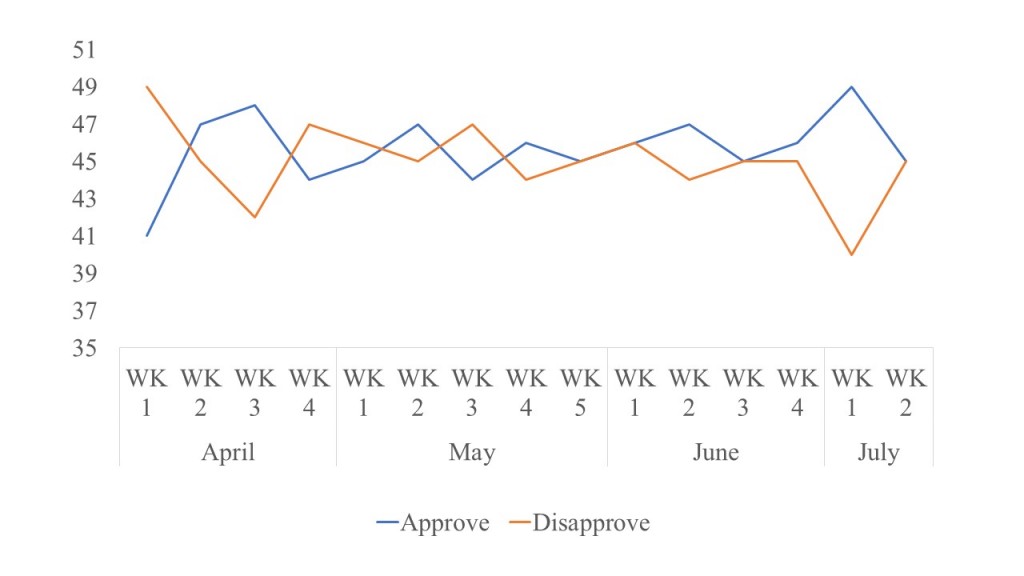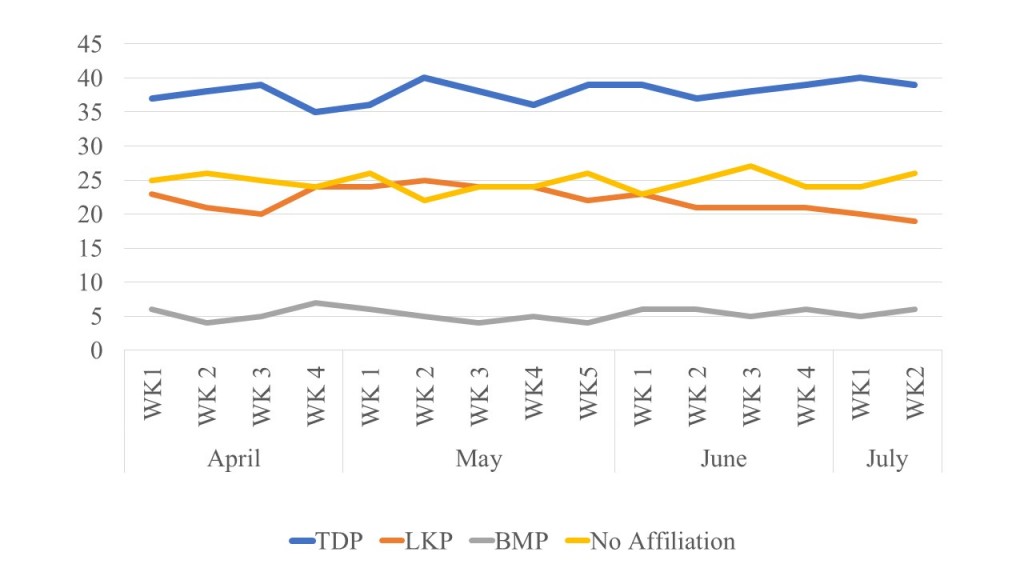United Nations Command
In January 2019, the Combined Forces Command (CFC) requested that South Korea contribute more human resources to the UN Command (UNC).[1] The Korean Ministry of Defense has yet to respond to this request. South Korean experts claim that understaffing is just a pretext and that the US seeks to enhance the UNC’s role. The Ministry of Defense appears to be concerned about Pyongyang’s response. Observers point out that North Korea continues to demand the UNC’s dissolution.
North Korea
On July 11, local media outlets reported that the US is reviewing temporary sanctions relief on coal and textiles in return for the freeze of the North Korean nuclear program.[2] The US State Department denied these claims. There have also been reports that the US agreed during the Singapore Summit to not redeploy tactical nuclear weapons on the Korean Peninsula.[3]
Prosecutor General
On July 10, President Moon urged the National Assembly to confirm the new prosecutor general nominee Yoon Seok-yeol within five days.[4] The Conservative Parties called on the nominee to resign during the National Assembly confirmation hearing. However, National Assembly confirmation is not a necessary prerequisite for cabinet-level appointments in South Korea. President Moon is likely to appoint Yoon to the head prosecutorial position with or without consent by the National Assembly.
ROK-Japan Relations
On July 4, Japan announced restrictions on the export of fluorinated polyimide, hydrogen fluoride, and photoresist[5] to South Korea. Experts claim that relations between the two countries have hit an all-time low as a result of the 2015 Comfort Women Agreement, Japanese reconnaissance plane radar lock, and recent South Korean Court ruling on forced labor. Local media outlets reported that Japan caught the South Korean government off-guard.
South Koreans criticized the government for its lack of preparation and demanded action. The government stated that it would respond forcefully but cautioned against anti-Japanese sentiments from spiraling out of control.
On July 10, Deputy Director of the National Security Council Kim Hyun-chong flew to Washington to see if the US can intervene.[6] The South Korean government is also planning to file a complaint with the WTO as well as seek cooperation from China and Southeast Asia.
However, there are no concrete measures to bear the economic brunt of Japan’s actions. South Koreans are becoming increasingly concerned about the impact on the economy if tensions continue.
Meanwhile, the South Korean public has called for a boycott of Japanese products.[7] According to one public survey, 67% of Koreans stated that they are willing to take part in the boycott.
Are you willing to boycott Japanese goods?[8]
Which side is responsible for the recent South Korea-Japan dispute?
President Moon’s Approval
Party Approval
Minimum Wage
On July 12, South Korean Minimum Wage Commission decided to raise the minimum wage for next year to KRW 8,590, a 2.9 percent increase from the current rate of KRW 8,350. This was the smallest increase since 2010 (2.75 percent) when the country was tackling the aftermath of the global financial crisis.[9]
Hyundai E&C
Hyundai Engineering & Construction (E&C) has gained the contract rights for building a KRW 3.2 trillion (USD 2.7 billion) natural gas and oil treatment facilities for Aramco in Marjan, Saudi Arabia.[10]
Economic Outlooks
On July 8, global rating agency Moody’s Investors Service kept South Korea’s rating at “Aa2” with a “stable” rating outlook. It confirmed that “the Government of Korea’s (Aa2 stable) credit profile balances the country’s strong economic and financial fundamentals against high exposure to event risk [due to] persistent geopolitical tensions.”[11]
Meanwhile, another credit rating agency Standard and Poor’s (S&P) lowered South Korea’s growth outlook for this year from 2.4 percent to 2.0 percent. S&P stated that “high inventories, particularly in the electronics sector, and rising uncertainty about the global trade outlook will continue to weigh down production and private investment.”[12]
Morgan Stanley also slashed its growth outlook from 2.2 percent to 1.8 percent, citing the impact of Japan’s trade restrictions. “Constraints on input supply and higher input costs would likely place further pressure on the Korean economy, which is already facing external and domestic headwinds.”[13]
Japan
Financial Services Commission (FSC) Chairman Choi Jong-ku said that South Korea could cope with possible economic retaliation measures by Tokyo. “Unlike in 2008, the country’s macroeconomy and the finance market has stabilized. Our financial institutions will be able to get loans elsewhere even if Japan refuses to lend to them,” Chairman Choi said at a press conference on July 5. He also said that even if Japan withdraw investments from the stock and bond market, it would have a little impact considering its scale.[14] As of the end of March, the number of loans to South Korean entities from Japanese banks amounted to KRW 18 trillion. This accounted for 24.6 percent of the total loans extended by foreign banks in South Korea.[15]
[1] “미국 “유엔사 한국 역할 확대” 주문에 머뭇거리는 국방부,” 중앙일보, 2019년 7월 8일.
[2] “美, 北 핵동결하면 한시적 제재 완화?,”조선일보, 2019년 7월 12일.
[3] “[단독]“美, 北과 싱가포르회담때 한반도 전술핵 배치 않기로 합의”,”동아일보, 2019년 7월 12일.
[4] “문 대통령, 국회에 윤석열 청문보고서 재송부 요청,” 경향신문, 2019년 7월 10일.
[5] These materials are essential for producing semiconductors, flatscreen televisions, and mobile phones.
[6] “김현종, 백악관 설득… 日도 美잡기 외교전,”동아일보, 2019년 7월 12일.
[7] “한국 수출 규제에 가지 않고 사지 않는 `일본 불매운동` 전방위 확산,” 매일경제, 2019년 7월 5일.
[8] All public polls in this issue is taken from Gallup Korea, Date: July 9-11; sample size: 1,005; margin of error: +3.1 at the 95% confidence level.
[9] “내년 최저임금 2.9% 올려 8590원… 경제 아우성에 일단 ‘속도 조절’,” 조선일보, 2019년 7월 13일.
[10] “현대건설, 3조 2,000억원 사우디 가스 플랜트 공사 따냈다[속보],” 서울경제, 2019년, 7월 10일.
[11] “[속보] 무디스, 한국 국가신용등급 Aa2로 유지,” 한국경제, 2019년 7월 8일.
[12] “韓기업 신용하락 시작”…S&P의 경고,” 매일경제, 2019년 7월 10일.
[13] “모건스탠리 ‘韓성장률 2.2→1.8%’···日경제보복 우울한 전망,” 중앙일보, 2019년 7월 9일.
[14] “최종구 ‘日 금융보복 영향 미미’ 전망에도… 국내 풀린 일본은행 자금 18조원,” 한국일보, 2019년 7월 8일.
[15] “국내에 일본계 여신 18조…작년 하반기부터 3조 가까이 회수,” 중앙일보, 2019년 7월 8일.
Contributing Staff (in alphabetical order): Hong Sang-hwa and Kim Seonkyung
Editor: J. James Kim

 Facebook
Facebook Twitter
Twitter


